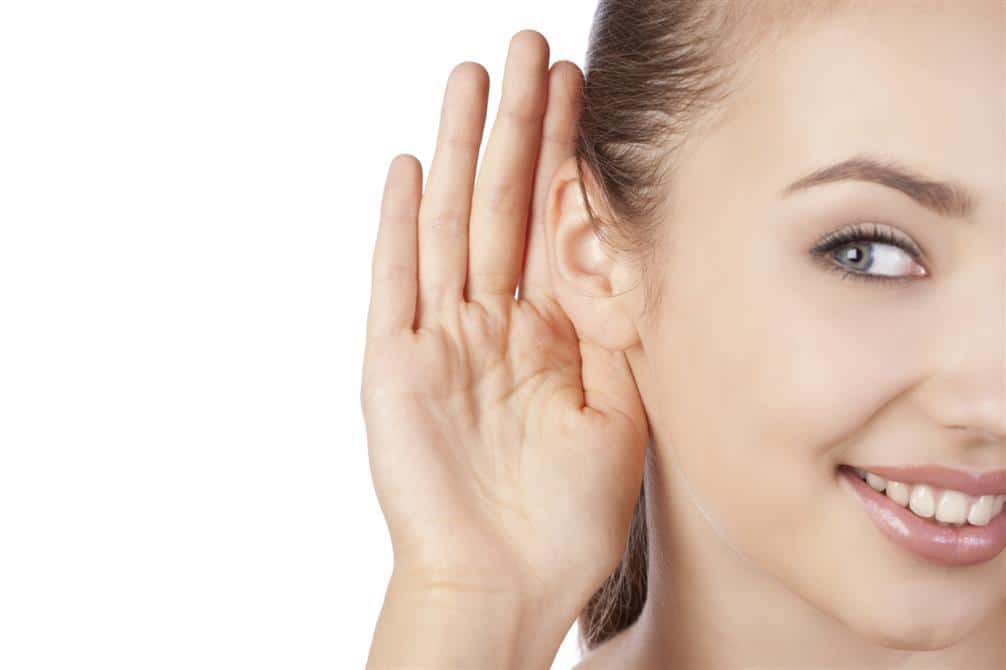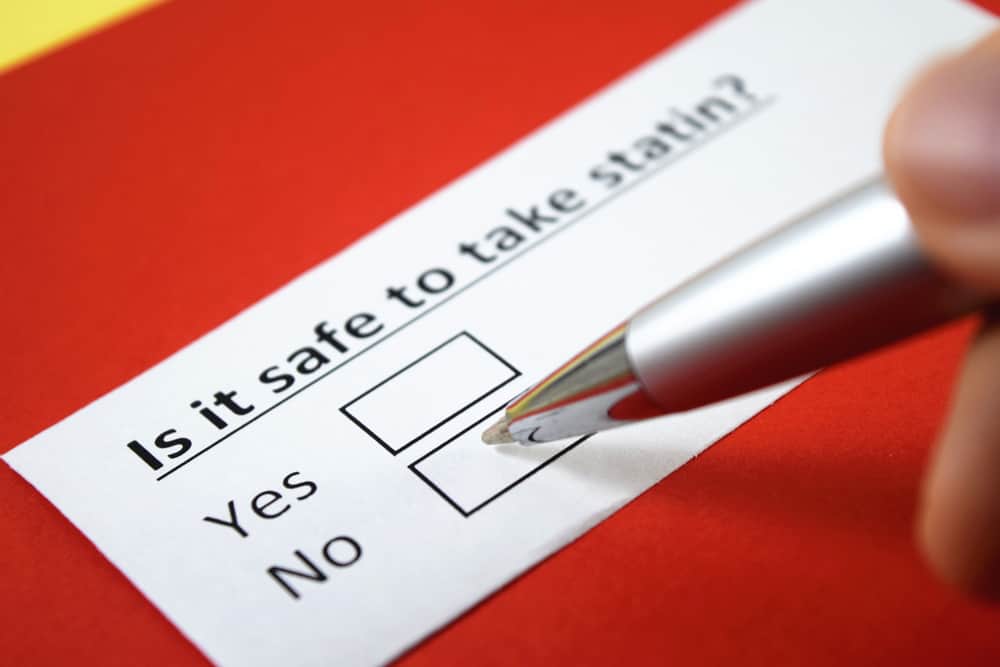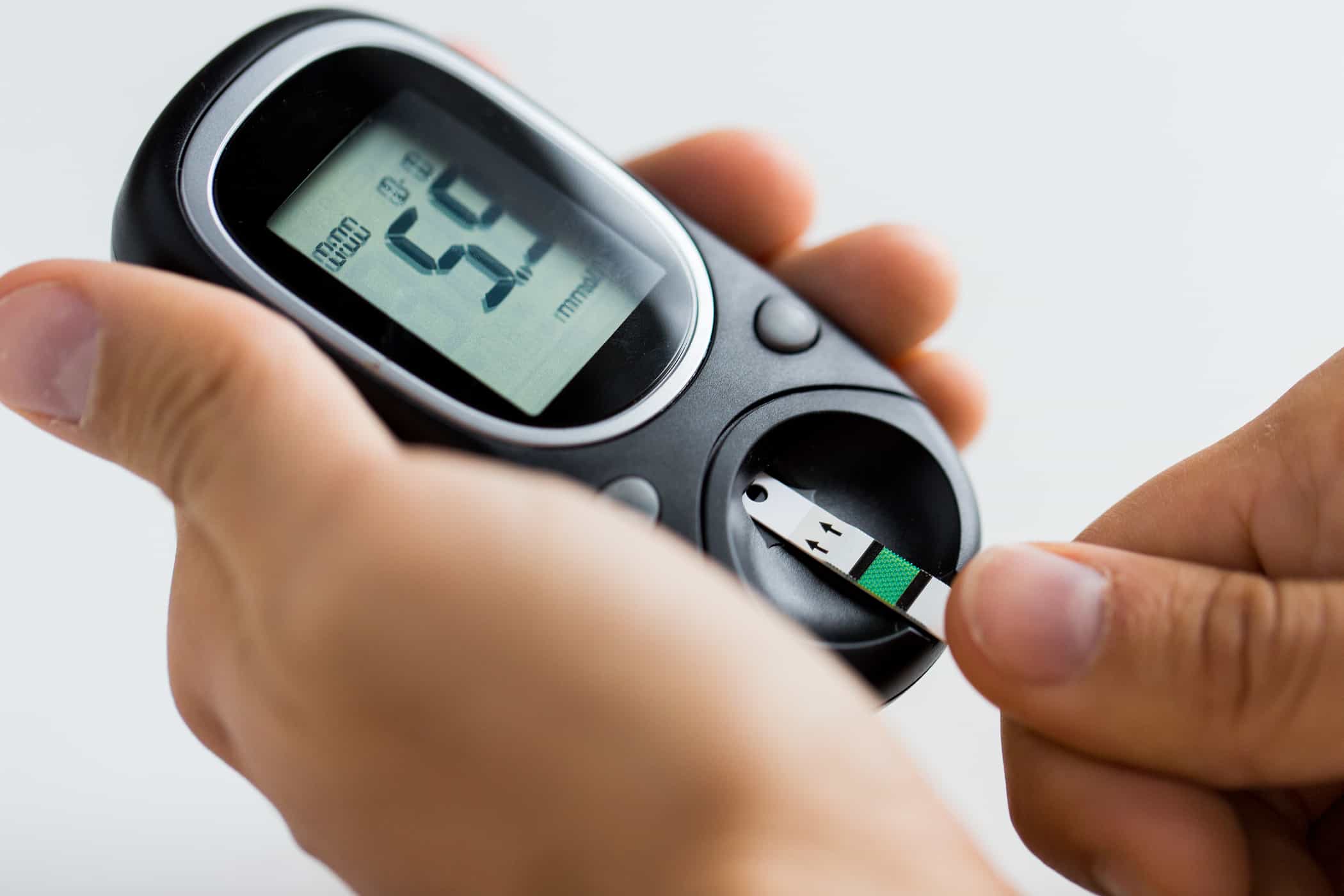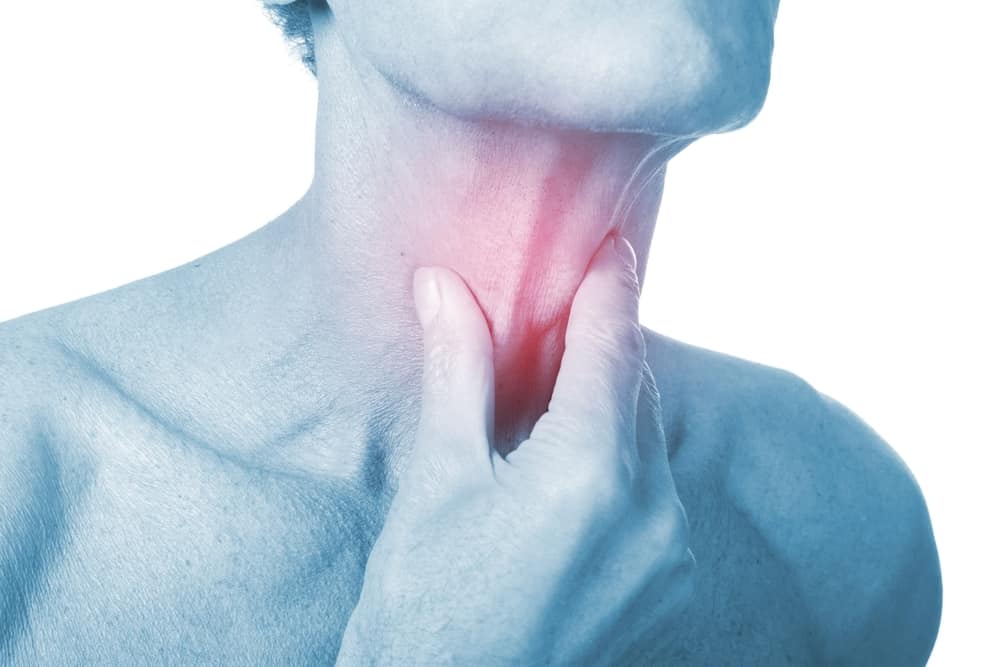Contents:
- Medical Video: The Link Between Hearing Loss and Dementia
- How does hearing affect body health?
- Hearing loss is not just because of age
- Come on, test how good your hearing is!
Medical Video: The Link Between Hearing Loss and Dementia
Many people who wait for hearing loss, only finally want to use hearing aids. Even though according to research, your hearing reflects the health condition of the body. So, you can't just ignore it if there's a problem like hearing loss. How do human hearing affect their health? Check out the full information below.
How does hearing affect body health?
In a study published in the American Journal of Epidemiology, elderly study participants who experienced moderate to serious hearing loss turned out to have decreased memory and other mental abilities such as thinking and making decisions.
Through scanning machines, experts report that people with hearing loss will also experience brain atrophy or shrinkage. Depreciation is what causes brain function to decline.
According to research in 2015, those who experience brain atrophy are more susceptible to dementia. So, hearing loss can indeed spread to brain problems.
Fortunately, another study in the Journal of the American Medical Association (JAMA) in the same year revealed that the use of hearing aids namely cochlear implants can prevent a decrease in brain function. Even the elderly who use cochlear implants report an increase especially in memory and concentration.
Now, this happens because when you lose your hearing, the brain is forced to work harder in understanding the sounds that sound faintly around you. In addition, the sound you hear can be an impulse and stimulate brain activity. If you have difficulty hearing, the brain becomes more passive so that its function slowly decreases.
Hearing loss is not just because of age
Although hearing loss is usually experienced by elderly people, it does not mean that young people are completely free of risk. Indeed, various recent studies have shown that the current generation of adolescents and adults are more susceptible to hearing loss.
The reason for this is listening to music too loudly. In addition, working in a noisy place, head injuries, and infections in the ear can also put you at risk of hearing loss.
Therefore, as much as possible keep your ears healthy and immediately see a doctor if you feel something is wrong with your hearing. The faster it is detected, the more chance you have of controlling the disease.
Come on, test how good your hearing is!
To monitor how good your hearing is, you can do your own tests at home. The Hearing Health Foundation, an organization engaged in hearing and research from the United States has compiled the following self-tests to test your hearing. Please answer.
- Are you hard to hear people on the phone?
- Are you having trouble following the conversation if there are two or more people talking at the same time?
- Do home people often complain because you set the television sound too loud?
- Do you have trouble understanding people's conversations?
- Are you hard to hear when there is noise around?
- Do you often ask other people to repeat the words?
- Do you feel that the people who speak are not clear, as if they were just mumbling?
- Do you often misunderstand or answer the ones that don't continue?
- Do you have trouble hearing the voices of women and children when they talk?
- Do people often feel upset because you often get caught when invited to talk?
If you answer "Yes" to at least the three questions above, you should immediately see a doctor.












